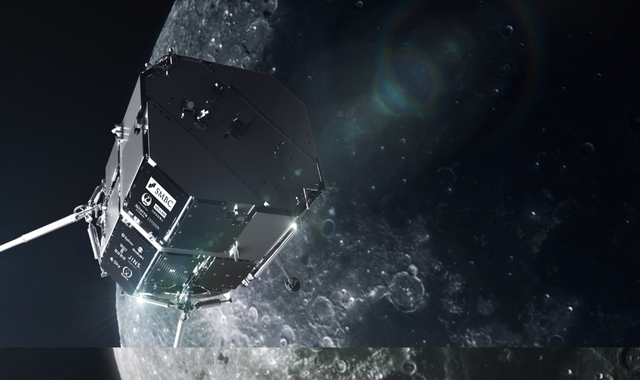The Tokyo-based company declared the mission a failure on Saturday, several hours after communication was lost with the lander, named Resilience.
It follows its failed inaugural mission in 2023. CEO and founder Takeshi Hakamada issued an apology at a news conference.
“This is the second time that we were not able to land. So we really have to take it very seriously,” he told reporters.
But he stressed that the company would press ahead with more lunar missions.
On Wednesday, ispace released footage from the Resilience lander circling the moon, ahead of Friday’s planned landing.
Initial analysis of the mission failure suggests the laser system for measuring the altitude did not work as planned, and the lander descended too fast, officials said.
“Based on these circumstances, it is currently assumed that the lander likely performed a hard landing on the lunar surface,” the company said in a written statement.
The Tokyo-based firm had hoped to follow in the steps of US companies Intuitive Machines and Firefly Aerospace – which have already conducted successful, or partially successful, commercial landings.
Resilience was launched in January from Florida on a long, roundabout journey, and entered lunar orbit last month.
It shared a SpaceX ride with Firefly Aerospace’s Blue Ghost, which reached the moon faster and became the first private entity to successfully land there in March.
Another US company, Intuitive Machines, arrived at the moon a few days later, although that lander skidded into a crater near the south pole and was declared dead within hours.
Resilience was targeting a flat area at the top of the moon, in a long, narrow region full of craters and ancient lava flows that stretches across the near side’s northern tier.
On board was ispace’s European-built rover – named Tenacious – with a high-definition camera and a shovel to scoop up some lunar dirt for NASA.
Besides science and tech experiments, the lander was also carrying a tiny, Swedish-style red cottage with white trim and a green door.
It was called the Moonhouse by creator Mikael Genberg and was supposed to be placed on the lunar surface.





























